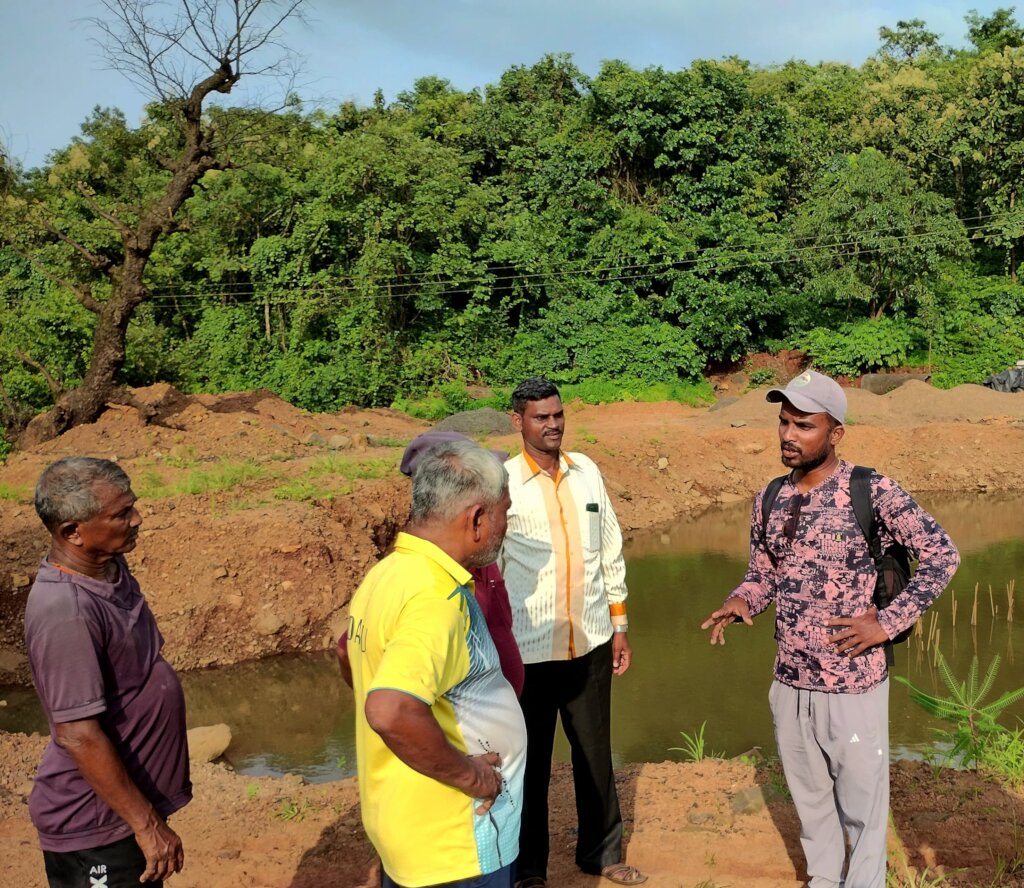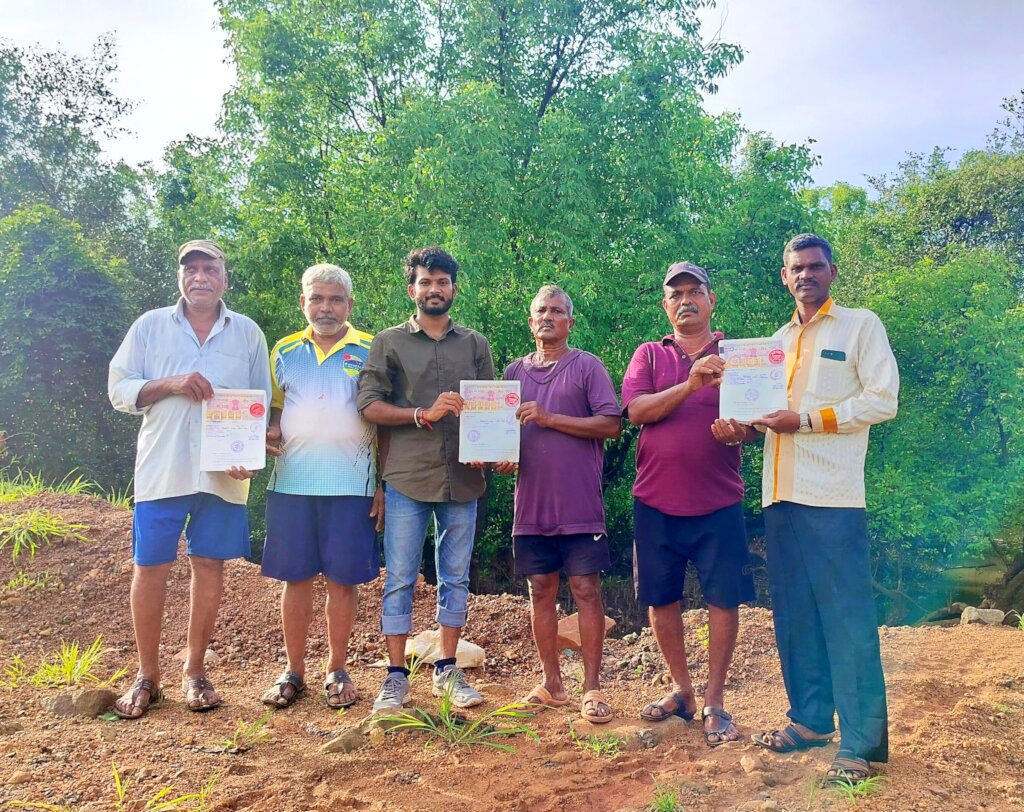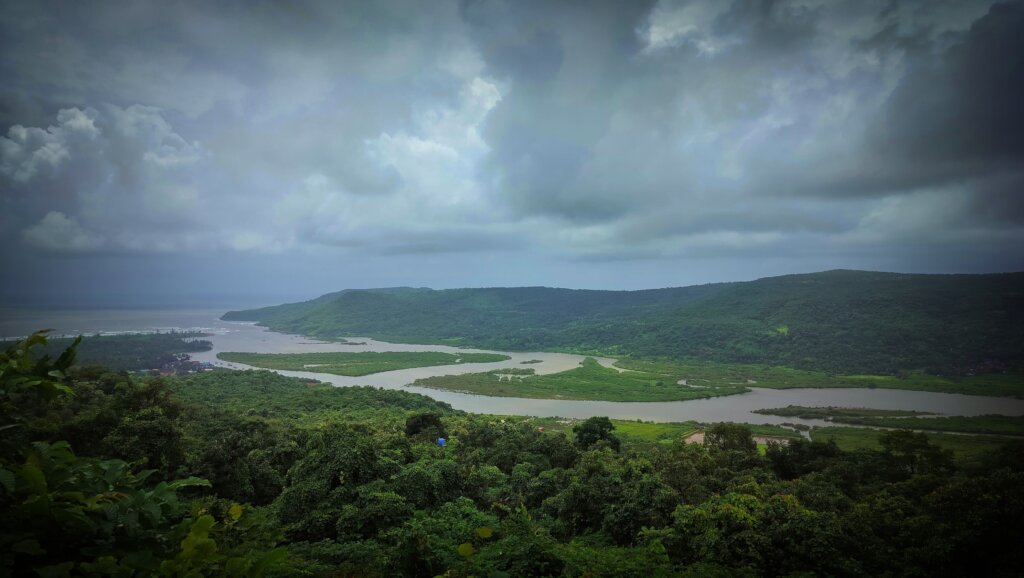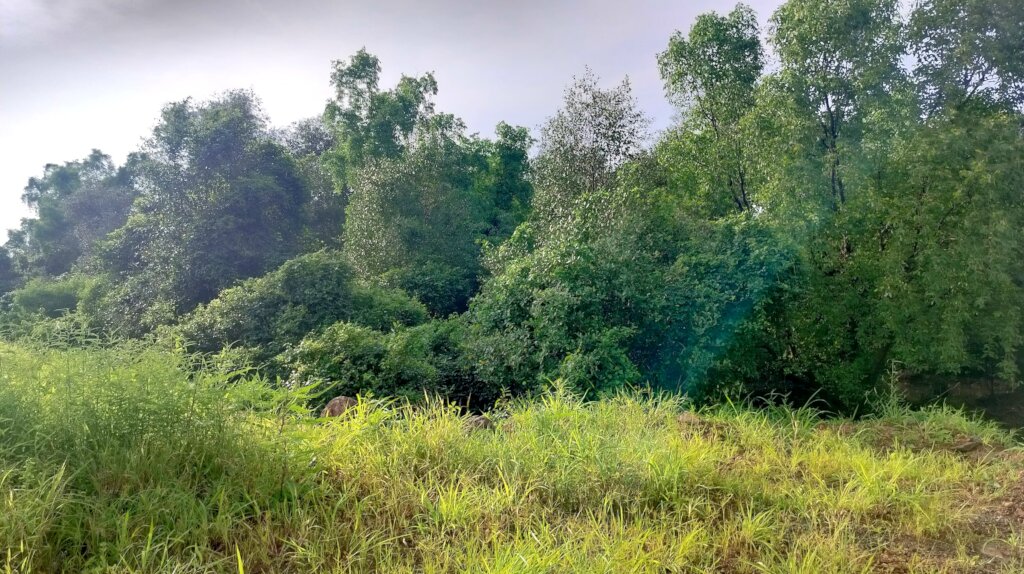By Akshay Gawade | Project Leader
Dear Bee Supporters,
We sincerely apologize for the delay in sharing our latest update with you. We understand how important it is to stay informed, and we regret any inconvenience this may have caused. Please know that we deeply value your support and are committed to keeping you in the loop moving forward.
As you know, we have launched our bee conservation campaign alongside our ongoing mangrove conservation efforts in the Western Coastal region of India. The AERF team has been actively collaborating with local communities to protect mangroves on private land. However, several challenges—including a lack of awareness, poor bund maintenance, migration of younger generations to cities, neglect by local governments and policymakers, and rising sea levels—have led to significant saltwater intrusion. This has greatly affected the land adjacent to the sea and creeks, which were once fertile paddy fields that provided a primary source of income for many local farmers. Unfortunately, this unchecked saltwater ingress has rendered these lands barren, allowing mangroves to encroach.
While the research community may see the increase in mangrove cover as a positive outcome, it poses a significant challenge for local communities who have lost their arable land and main source of livelihood. Additionally, strict government regulations on mangrove cutting have further complicated the situation for these communities. Considering these circumstances, it became crucial to engage with the local community and persuade them to conserve mangroves and the associated biodiversity, particularly bees and smaller taxa, despite the loss of their land and livelihoods.
As the saying goes, "The bigger the challenge, the bigger the opportunity." At AERF, we have always prioritized working with communities to conserve landscapes and biodiversity. Viewing this challenge as an opportunity, we launched our "Incentive-Based Private Mangrove Conservation" initiative in the Mandangad block of Ratnagiri district, Maharashtra, India. We successfully convinced local communities to enter into agreements with AERF to conserve their private mangrove land for five years. In return, as a token of appreciation, we provided financial compensation for their loss. Through our efforts and the trust communities have placed in AERF, we have successfully secured more than 500 acres of private mangrove land in this region for conservation over the next five years.
These conserved areas will serve as our primary sites for research, management, and conservation over this period. By protecting these spaces, we have ensured the preservation of numerous flowering mangrove trees, which are crucial food sources for our stingless bees and other pollinators. Additionally, the towering mangrove trees will offer shelter to a diverse range of terrestrial and aquatic species. The AERF team is committed to expanding this initiative, aiming to include more mangrove areas under our conservation agreements. We also plan to implement management practices, such as planting Karanj tree saplings (Pongamia pinnata), a native salt-tolerant species with abundant inflorescences and high economic value.
We extend our heartfelt gratitude to you for your unwavering support. Your belief in our mission has been instrumental in driving our efforts forward. Together, we have made significant strides in conserving our precious ecosystems and safeguarding biodiversity.
Your contributions have not only enabled us to launch and sustain critical conservation initiatives but also inspired us to continue pushing boundaries. We are deeply grateful for your commitment to our cause and for being a vital part of our journey.
Thank you for standing with us. We look forward to achieving even greater milestones together.
Project reports on GlobalGiving are posted directly to globalgiving.org by Project Leaders as they are completed, generally every 3-4 months. To protect the integrity of these documents, GlobalGiving does not alter them; therefore you may find some language or formatting issues.
If you donate to this project or have donated to this project, you can receive an email when this project posts a report. You can also subscribe for reports without donating.
Support this important cause by creating a personalized fundraising page.
Start a Fundraiser


